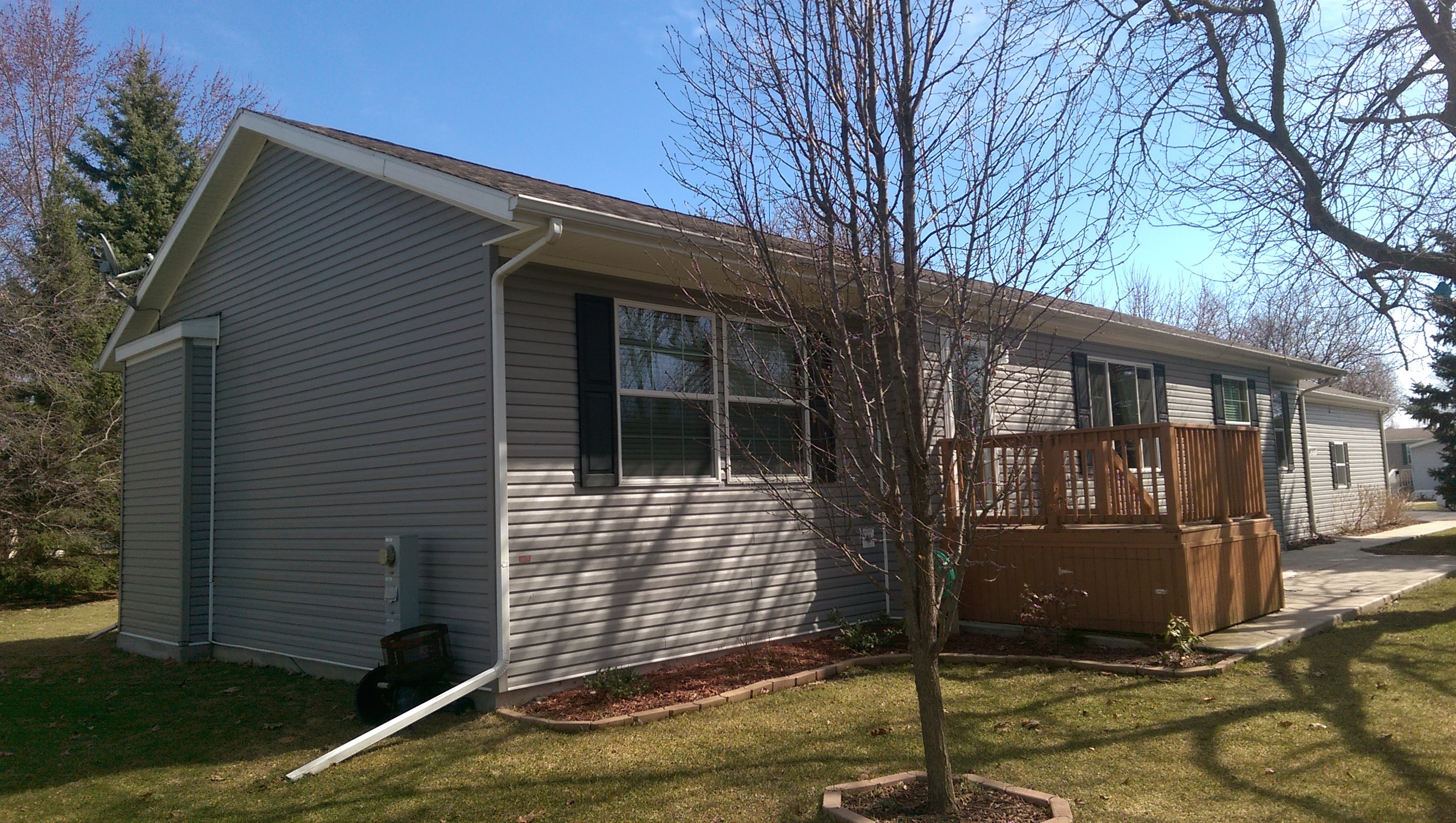Is It Easier To Get Manufactured Home Loans with Land?
February 26, 2016

A report released by the U.S. Census Bureau last year found that a single-unit manufactured home sold for about $45,000 on average. Though the difficulty of getting a personal or home loan under $50,000 is a well-known issue that continues to disfavor low- and medium-income borrowers, negatively impacting the entire affordable housing market. In this post we’re going beyond this problem and discussing whether it’s easier to get a personal loan or a conventional real estate mortgage for a manufactured home.A manufactured home that isn’t permanently affixed to land is considered personal property and financed with a personal property loan, also referred to as chattel loan. When the manufactured home is secured to permanent foundation, on leased or owned land, it can be titled as real property and financed with a manufactured home loan with land.While a manufactured home titled as real property doesn’t automatically guarantee a conventional real estate mortgage, it does increase your chances of getting this form of financing, as explained by the NCLC. However, obtaining a conventional mortgage to buy a manufactured home is typically more difficult than getting a chattel loan. According to CFED, there are three main reasons (p. 4 and 5) for this:
Not all lenders understand the term “permanently affixed to land” correctly.
Though a manufactured home permanently affixed to land is just like a site-built construction, which cannot be moved, some lenders wrongly assume that a manufactured home placed on permanent foundation can be moved to another location after the installation. The false concerns about the “mobility” of these homes influence lenders negatively, most of them being misled into thinking that a homeowner who defaults on the loan can move the home to another location, and they won’t be able to recoup their losses.
Manufactured homes are (wrongly) considered inferior to site-built homes.
Since most lenders compare today’s manufactured homes with previous mobile homes or travel trailers, they remain hesitant to offer conventional mortgage financing typically set to be repaid in 30 years. To address the unrealistic assumptions about the “inferiority” (and related depreciation) of manufactured homes, most lenders offer chattel lending with terms of 15 or 20 years and high interest rates. An important but often overlooked aspect is that the HUD Code has changed significantly over the years. Today, all manufactured homes must be built to strict HUD standards, which are comparable to those of site-built construction.
Many lenders still don’t know that manufactured homes appreciate in value.
Another reason why getting a manufactured home loan with land is more difficult than obtaining a chattel loan is that lenders believe that manufactured homes depreciate in value because they don’t meet the latest HUD foundation requirements. While this may be true for the manufactured homes built a few decades ago, HUD has implemented new structural requirements over the past decade. Recently, CFED has concluded that “well-built manufactured homes, properly installed on a permanent foundation (…) appreciate in value” just as site-built homes. What's more, increasing numbers of lenders have started to expand the availability of conventional mortgage financing to manufactured home buyers, indirectly recognizing the appreciation in value of the manufactured homes affixed permanently to land.
If you're looking for an affordable financing option for a manufactured home installed on permanent foundation, don’t just accept the first chattel loan offered by a lender, as you may qualify for a conventional mortgage with better terms. To learn more about these loans or to find out if you qualify for a manufactured home loan with land, contact our outstanding team of financial experts today.
